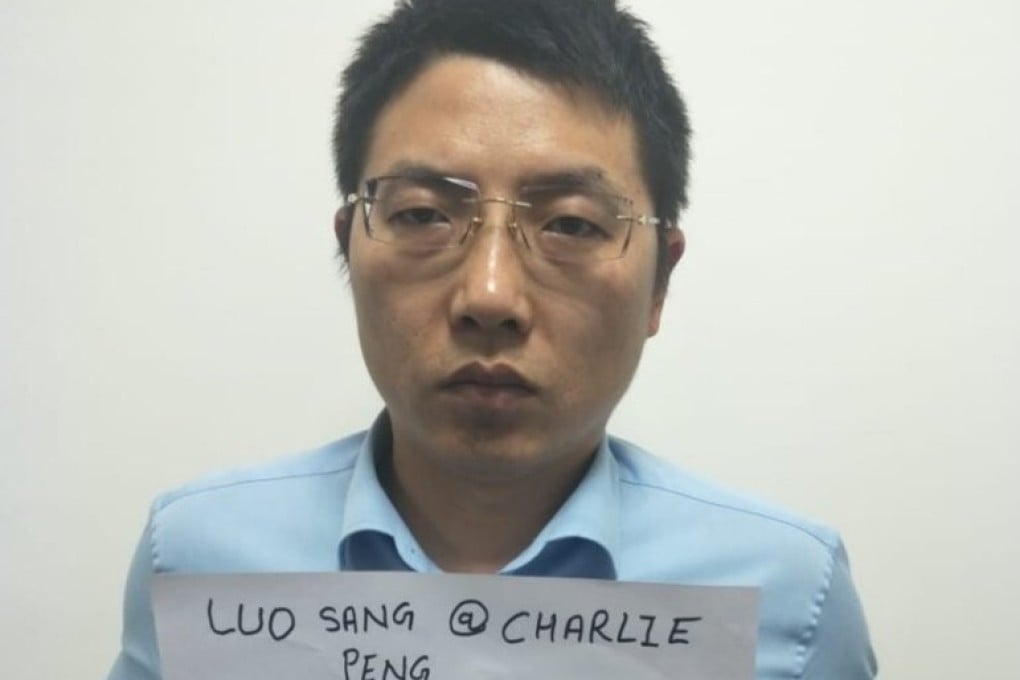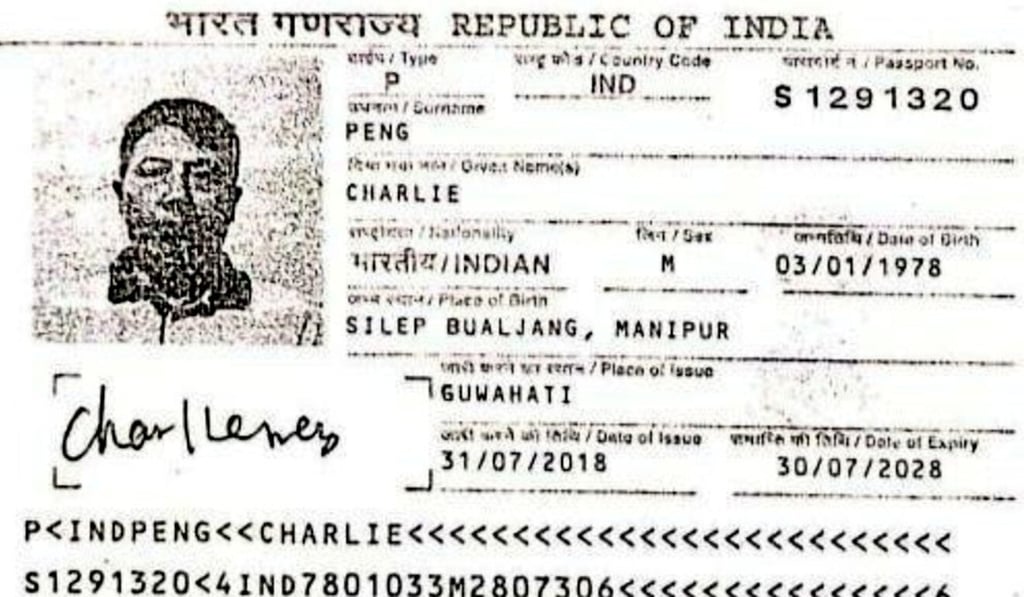New Delhi’s ‘Chinese hawala scam’ and Dalai Lama spying case – is there more than meets the eye?
- Chinese national Luo Sang, alias Charlie Peng, was arrested for running a remittance system and using WeChat to pay monks to spy on the Tibetan spiritual leader
- This comes as ties between India and China have deteriorated amid a border stand-off, with India banning Chinese technology and restricting imports

“Search action revealed that at the behest of Chinese individuals, more than 40 bank accounts were created in various dummy entities, entering into credits of more than 10 billion rupees (US$134 million) over the period,” the authorities said in a statement. They also found evidence of transactions involving Hong Kong and US dollars.
A 41-year-old Chinese national and several bank employees were arrested. But more explosive allegations soon followed.
It is also a caution to Chinese companies and individuals in India who are not above board.
The Chinese citizen, Luo Sang, alias Charlie Peng, was accused of using WeChat – the now-banned Chinese app – to communicate with Buddhist monks living in the Indian capital who he then bribed in exchange for spying on the Dalai Lama, the Tibetan spiritual leader living in exile in northern India’s Dharamsala.
India's Income Tax Department told local media that Luo had, through couriers, sent between 200,000 and 300,000 rupees (US$3,997) to individuals living near Majnu ka Tila, a Tibetan settlement of about 3,500 homes in New Delhi. India is home to the world’s largest community of refugee Tibetans who fled after a failed 1959 uprising against Chinese rule.

The colony has many restaurants and boutique shops, making it an attraction for foreign tourists as well as students. It is easily accessible as it is connected to the main interstate bus terminal.